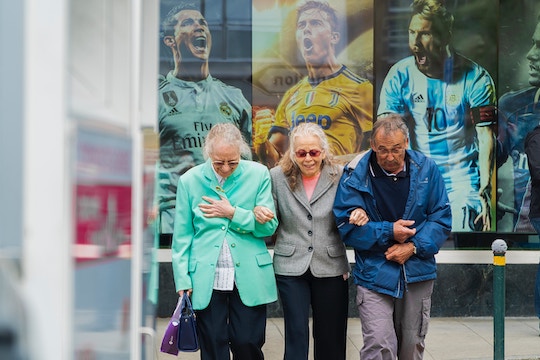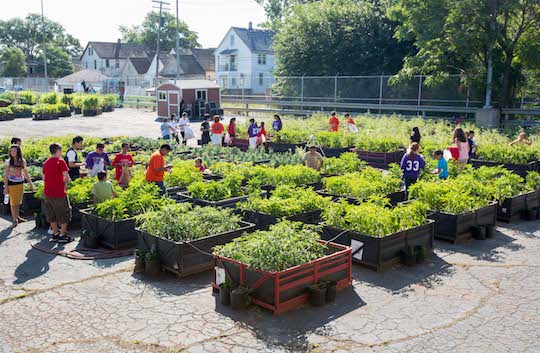“True compassion means not only feeling another’s pain, but being moved to help relieve it.”
—Daniel Goleman, Emotional Intelligence Author

Image from Unsplash by Piliippe Leone
When I visit my 92-year-old dad in his assisted living community, he often says, Getting old is not for sissies! Before moving into this community, he lived with my mom in a senior community with about 15,000 other residents, living as happily and fully as possible.
As someone who tries to be mindful and observant of my surroundings, it is easy to see the various levels of physical and emotional pain most people experience. To my delight, I also observe tremendous compassion within these communities. It is common to see how the majority of the people do their best to help each other.
These efforts give them purpose and at least temporarily take their focus off of their own troubles.
EXERCISE:
Where are you currently moved to help relieve the pain others may be experiencing in your world? What one action can and will you take today to demonstrate a higher level of compassion?
Consider reading Being Mortal by Atul Gawande to explore aging and how we can better support one another through this process.





